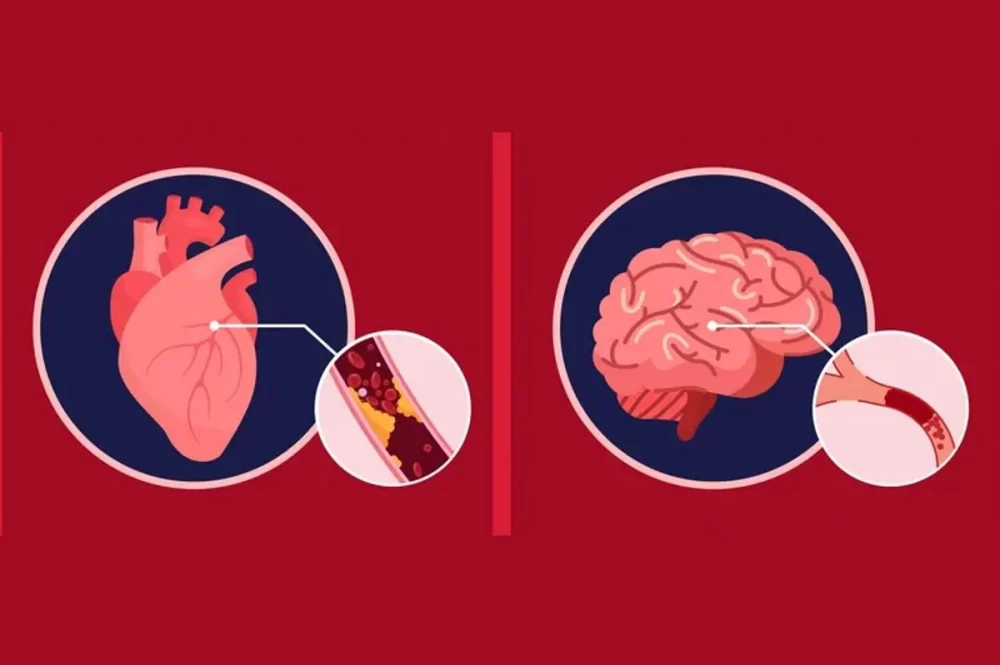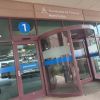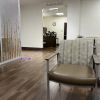Recognizing Stroke and Heart Disease Symptoms Early
As someone who has witnessed the devastating effects of both stroke and heart disease in family and friends, I know just how crucial it is to recognize the symptoms of these life-threatening conditions early. Stroke and heart disease are among the leading causes of death in the United States, but many of these incidents can be prevented or managed better with timely intervention. In this article, I’ll share insights on how to identify the warning signs of both stroke and heart disease, so you can take immediate action and potentially save a life.

The Importance of Early Detection
Stroke and heart disease share some common risk factors, such as high blood pressure, diabetes, and high cholesterol. However, the symptoms can be vastly different, making it essential to understand the signs of each condition. The quicker you can recognize the symptoms and seek medical attention, the better the chances of a positive outcome. I’ve personally seen how quickly these conditions can escalate, which is why I want to emphasize the importance of knowing the signs and taking them seriously.
Atlanta Heart Specialists
atlanta heart specialists
4375 Johns Creek Pkwy #350, Suwanee, GA 30024, USA

1. Stroke Symptoms: What to Look For
Stroke occurs when the blood flow to a part of the brain is interrupted, either by a blockage (ischemic stroke) or bleeding (hemorrhagic stroke). The effects of a stroke can vary greatly depending on which part of the brain is affected, but there are some common signs to watch for. If you or someone around you experiences any of these symptoms, it’s important to act fast and call emergency services immediately. Every minute counts.
Common Stroke Symptoms Include:
- Sudden numbness or weakness in the face, arm, or leg, particularly on one side of the body.
- Confusion or difficulty speaking or understanding speech. This might include slurred speech or the inability to form coherent words.
- Trouble seeing in one or both eyes. This could be blurred vision or complete loss of sight in one or both eyes.
- Difficulty walking, dizziness, loss of balance, or lack of coordination.
- Severe headache with no known cause, often described as the worst headache of one's life.
One important tip I always share is the “FAST” acronym, which helps you remember the key stroke symptoms:
- F – Face: Ask the person to smile. Does one side of the face droop?
- A – Arms: Ask the person to raise both arms. Does one arm drift downward?
- S – Speech: Ask the person to repeat a simple sentence. Is their speech slurred or strange?
- T – Time: If you notice any of these symptoms, call emergency services immediately!
2. Heart Disease Symptoms: Spotting the Warning Signs
Heart disease, including conditions like coronary artery disease, heart attacks, and heart failure, is a major health issue that can develop over time or occur suddenly. The symptoms of heart disease can be quite subtle or mimic other conditions, so it’s important to pay close attention to how your body feels. While some people may experience a “warning sign” for years, others may suddenly face a heart attack without any prior symptoms. I’ve personally known people who were unaware they had heart disease until they experienced a heart attack, which is why awareness of these symptoms is critical.
Common Heart Disease Symptoms Include:
- Chest pain or discomfort, which can feel like pressure, squeezing, or fullness in the chest. This is often the most recognized symptom of a heart attack.
- Pain or discomfort in other parts of the upper body, including the arms, back, neck, jaw, or stomach. This pain can feel similar to chest pain or may feel like a dull ache.
- Shortness of breath, especially during physical activity or while at rest. You might feel like you can’t catch your breath even when you’re not exerting yourself.
- Cold sweats, nausea, or lightheadedness. Many people experiencing a heart attack also report feeling nauseous or lightheaded.
- Fatigue or extreme tiredness, sometimes without any obvious reason. If someone suddenly feels very weak or exhausted, it might be a sign of heart trouble.
Heart disease can be tricky because some of these symptoms—like fatigue or nausea—can also be caused by other health conditions. However, if any of these symptoms occur alongside chest pain or discomfort, it’s important to seek emergency care immediately.
3. Understanding the Overlap Between Stroke and Heart Disease Symptoms
It’s worth noting that some symptoms of stroke and heart disease overlap. For example, both conditions can cause shortness of breath, dizziness, and sudden fatigue. This overlap can make it difficult for individuals to discern whether they are experiencing a stroke or heart disease, especially if they don’t have a clear understanding of the symptoms.
For instance, a person who is having a heart attack may feel dizzy, faint, or lightheaded, similar to someone experiencing a stroke. However, heart disease symptoms often involve chest pain, whereas stroke symptoms typically involve issues with speech, vision, or coordination. If you’re ever unsure, it’s best to err on the side of caution and seek medical help. The faster you act, the better the chances of a favorable outcome.
4. The Importance of Regular Checkups
One of the best ways to prevent stroke and heart disease is through regular checkups. These checkups allow doctors to monitor your heart health, check for high blood pressure, cholesterol levels, and other factors that contribute to both stroke and heart disease. If you have a family history of either condition, or if you have risk factors like smoking, obesity, or a sedentary lifestyle, regular checkups are even more critical.
In my own life, I’ve seen how routine medical visits can help detect issues early. For example, my uncle was diagnosed with high cholesterol during a routine checkup, and his doctor was able to prescribe medication to help manage it before it led to a heart attack. Early detection and prevention are key!
Recognizing the Signs Can Save a Life
When it comes to stroke and heart disease, every second counts. Understanding the symptoms and acting quickly can make the difference between life and death. As I’ve learned from personal experiences and stories from others, knowing what to look for can be empowering. It allows you to take charge of your health or help someone in need. If you or someone you know experiences any of the symptoms described above, don’t hesitate to seek medical help. Timely intervention can save lives, and it’s always better to be safe than sorry.






















Deborah Heart and Lung Center
deborah heart and lung center
200 Trenton Rd, Browns Mills, NJ 08015, USA